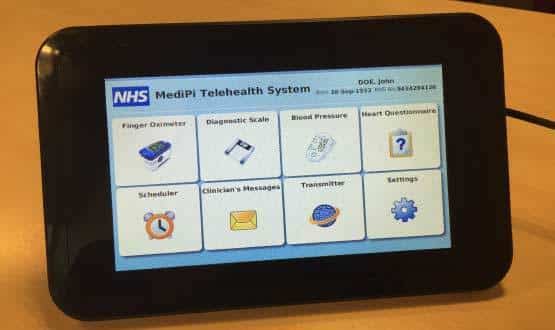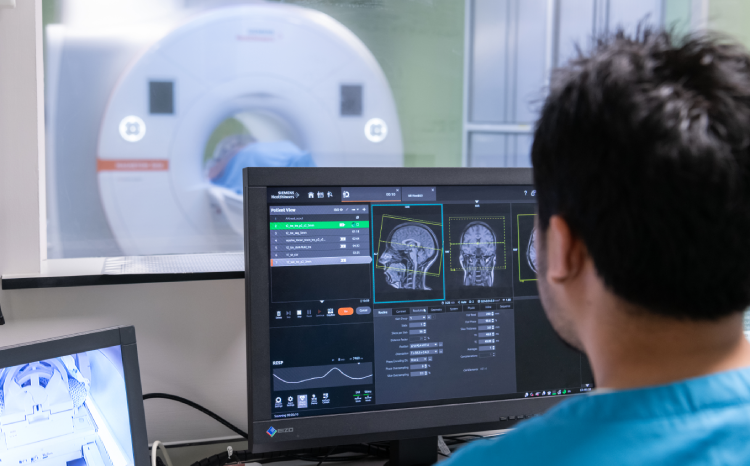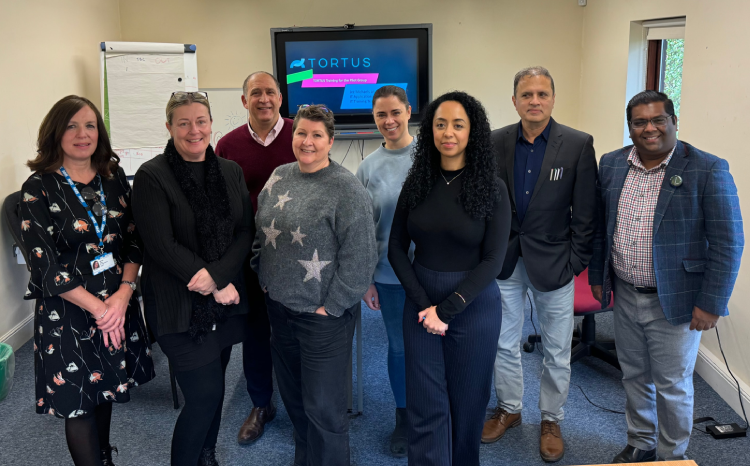MediPi open source telehealth kit piloted in NHS

An open source telehealth kit built using a Raspberry Pi will be piloted with heart patients at a southern NHS trust this financial year.
Richard Robinson, a technical integration specialist at the Health and Social Care Information Centre, developed the telehealth prototype called MediPi to prove that “telehealth is affordable at scale”.
He said that eight months ago his wife, who works for a charity helping socially isolated older people, was asked to find volunteers for a telehealth pilot.
“She came home with the kit and it was all high-end tablets, 3G and Bluetooth-enabled devices and I was really shocked by what I thought would cost,” explained Robinson.
“I realised I was in a unique position, as I have a background interest in using Raspberry Pi. I did some research and found that telehealth has promised an awful lot, but the biggest problem is that it’s just too expensive."
One study estimated a cost of around £2,000 per patient per year and he was sure he could provide the same kit more cheaply.
Robinson presented his idea to colleagues and bosses who all felt it was worth pursuing so he “knocked together a demonstrator with some devices” at the EHI Live Connectathon last year.
There, he spoke to clinicians who were very encouraging and met with one from a southern trust, which cannot yet be named, who wanted to try the technology with heart failure patients. Robinson then developed MediPi, which is due to be piloted at the trust in this financial year.
The hardware, which includes a blood pressure cuff, a finger oximeter and some diagnostic scales, comes in at £250 along with the Raspberry Pi and screen. The devices were bought off-the-shelf and are connected via USB.
The software is open source, programmed in Java and JavaFX and therefore platform agnostic.
“We created a secure platform which can message using Spine messaging and also message using any securely enabled network,” explained Robinson.
“We have designed it to be patient friendly so it has a simple touch-tiled dashboard interface and various help screens and it’s low cost.”
Patients follow instructions on screen to take their measurements then hit ‘transmit’, which compresses and encrypts the data and sends it to the clinician end point.
“Clinicians don’t want to be overwhelmed with enormous amounts of data so we have developed a concentrator that will take the data and allow clinicians certain views, such as alerts for ‘out of threshold’ values,” said Robinson.
Clinicians have asked for functionality allowing a two-way exchange of messages with their patients via the device.
Robinson also developed a heart questionnaire for patients to answer on a daily basis using the simple touch screen.
“My aim for this is that we demonstrate that telehealth is affordable at scale,” he added.
Damian Murphy, technical integration manager at HSCIC, said the information centre is not going to start manufacturing the kit, but it wants to encourage the development of a community of people interested in MediPi – and that could include commercial companies.
The HSCIC is also talking to universities about potentially producing some of the hardware at lower cost.





